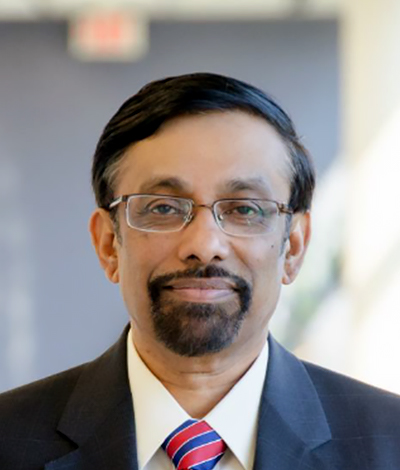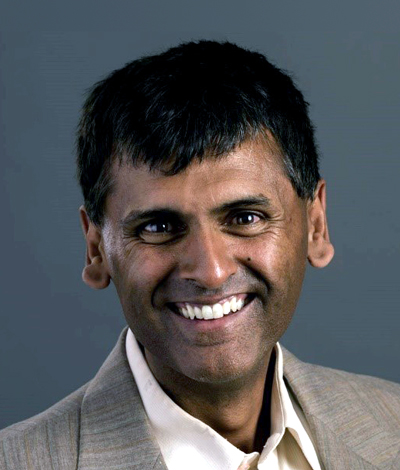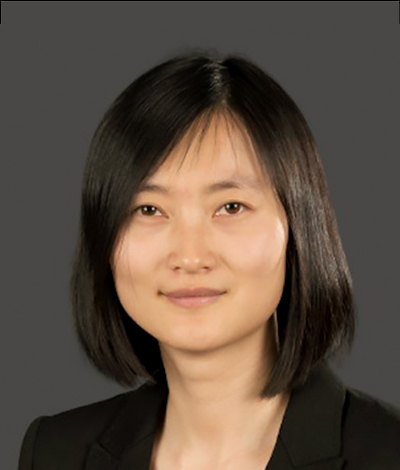SC-03: Application of Machine Learning to Support CCS Deployment
Location: Room 332 CF
Sunday, 2 March 2025, 1:00 p.m.–5:00 p.m. | Houston, Texas
Course Content
The objective of this course is to provide an overview of machine-learning based on SMART tools with special emphasis on two tools: SMARTSeis (for site characterization) and ModelExplorer (for scenario analysis). This course will be of interest to geologists, engineers, subsurface team, site operators, regulators, executives, and anyone interested in geologic storage of CO2.
Overview of the SMART initiative
The objective of the US DOE-funded SMART Initiative, i.e. Science-informed Machine Learning (ML) for Accelerating Real-Time Decisions in Subsurface Applications, is to showcase how the utilization of ML can significantly improve efficiency and effectiveness of field-scale commercial carbon storage operations in three main areas: real-time visualization, virtual learning, and real-time forecasting. This paper presents the status of SMART for demonstrating: (a) virtual learning during the pre-injection permitting phase, and (b) ML-assisted operational decision making and visualization.
The SMART tools and workflows will be available as open-source packages and contribute to the deployment of commercial-scale geologic carbon storage projects along multiple fronts: (a) enabling dramatic improvements in the visualization of key subsurface features and flows, (b) creating a computer-based experiential learning environment to improve field development and monitoring strategies, and (c) transforming storage reservoir management by rapid analysis of real-time data and rapid forward prediction under uncertainty to inform operational decisions.
Characterization of faults and fractures with machine learning for CCS implementation
The effective implementation of Carbon Capture and Storage (CCS) relies on comprehensive understanding and characterization of subsurface structures, particularly faults and fractures. Traditional methods for fault and fracture characterization are time consuming, consequently prolonging CCS implementation process. To expedite the CCS implementation including well permitting, it is critical to characterize these geological features in an efficient way. Under DOE’s Science-informed Machine Learning for Accelerating Real-Time Decisions in Subsurface Applications (SMART) initiative, we develop methods and tools to improve geological feature characterization for potential CCS sites. Leveraging machine learning, our methods can accurately and efficiently extract signals from seismic data to characterize faults and fractures. The tools developed under SMART tackle critical components of CCS implementation, enabling an expedited process.
Assisting the CCS Class VI well permit process with SMART’s model explorer
With over 140 Class VI wells awaiting EPA and states with primacy (ND, WY, LA) for CO2 sequestration permits in the U.S., there’s a pressing need for efficient evaluation methods. Currently, the review process relies on time-consuming full physics simulations, demanding a high level of expertise. However, models developed under the SMART initiative, leveraging machine learning, surpass the existing standards by accurately characterizing critical parameters like faults, fractures, injection zones, and confining system. By integrating these advanced models into SMART’s model explorer interface, real-time scenario analysis of the Area of Review becomes feasible. SMART’s approach addresses key aspects of the Class VI well review process, including Site Characterization, Area of Review (AoR), Corrective Action, Testing and Monitoring, and Post-Injection Site Care (PISC) and Closure.
Instructors
 Hema Siriwardane
Hema Siriwardane Hema Siriwardane, Ph.D., PE — Senior Technical Advisor, Geological & Environmental Systems, Research & Innovation Center (RIC), National Energy Technology Laboratory, U.S. Department of Energy.
 Hari Viswanathan
Hari Viswanathan Hari Viswanathan, Ph.D. — Senior Scientist, Energy and Natural Resources Security Group, Earth and Environmental Sciences Division, Los Alamos National Laboratory.
 Ting Chen
Ting Chen Ting Chen, Ph.D. — Scientist, Energy and Natural Resources, Earth and Environmental Sciences Division, Los Alamos National Laboratory.
 Maruti Mudunuru
Maruti Mudunuru Maruti Mudunuru, Ph.D. — Scientist, Earth System Science Division, Pacific Northwest National Laboratory.
 Ashton Kirol
Ashton Kirol Ashton Kirol, M.S. — Scientist, Earth System Science Division, Pacific Northwest National Laboratory.
Fees:
- Pricing:
- $275
- Attendee Limit:
- 30 people
- Educational Credits:
- .4 CEU
- 4 PDH
Location: Room 332 CF
Venue

George R. Brown Convention Center
1001 Avenida De Las Americas
Houston,
Texas
77010
United States
(713) 853-8000
Accommodation information is not yet available for this event. Please check back often.